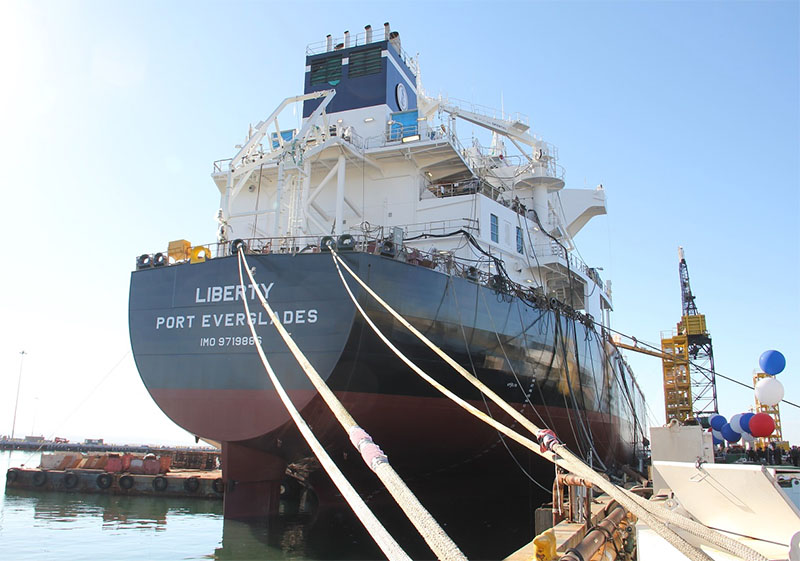In a few months, that controversial law that most of you are well versed in, the Jones Act, turns 100. So with our soon-to-be-published November issue, we decided to jump the gun a bit so our story doesn’t get lost in next year’s Merchant Marine Act of 1920 centennial madness.
In our cover story next month, Dale DuPont and Max Hardberger tackle this sensitive subject. Dale is up first, offering a straightforward report on where the Act and its proponents stand today.
She begins her report with British Prime Minister Boris Johnson’s quote about the Jones Act and a possible trade deal at August’s G7 summit.
“Donald, what we want is for our ships to be able to take freight, say, from New York to Boston, which at the moment they can’t do. So, we want cabotage. How about that?” he said to President Trump at this summer’s G7 meeting. Trump’s reply: “Many things — many things we’re talking about.”
Johnson’s suggestion to ditch the Jones Act is just another shot people have taken over the years to try and scrap the nearly 100-year-old law. Proponents defend the act, saying it is vital for national, economic and homeland security.
As Matt Paxton of the Shipbuilders Council of America (SCA) told Dale, “People who understand the law, understand its value. If you didn’t have the Jones Act, you’d have to invent it — to police our waterways, to police our coastline.”
In the second part of the cover, Max has penned an opinion piece backing up the case for repeal of the law.
He cited the Congressional Research Service (CRS), which said the price of a U.S.-built tanker is an estimated four times the global price of a similar vessel, while a U.S.-built containership may cost five times the global price.
Thus, Max wrote, since the acquisition cost of a vessel has to be passed on ultimately to the consumer, the U.S. public pays the difference.
As for national security, “even if we had the capacity to build the types of large, oceangoing vessels needed in wartime, we can’t afford to build them in the U.S.,” he wrote.
Whatever side you are on, I encourage you to e-mail me ([email protected]) your thoughts on the 100-year-old Jones Act.




